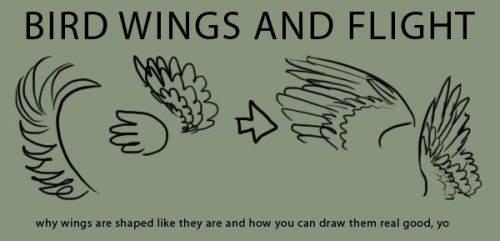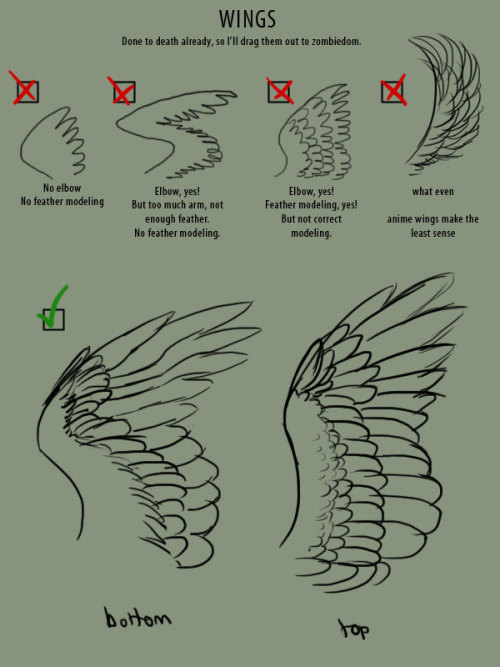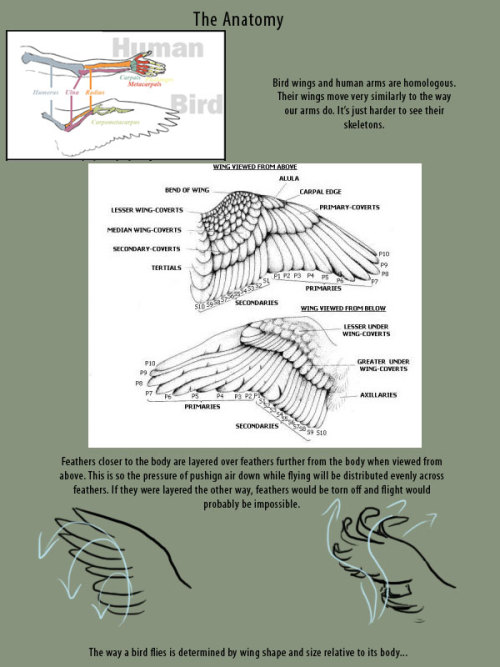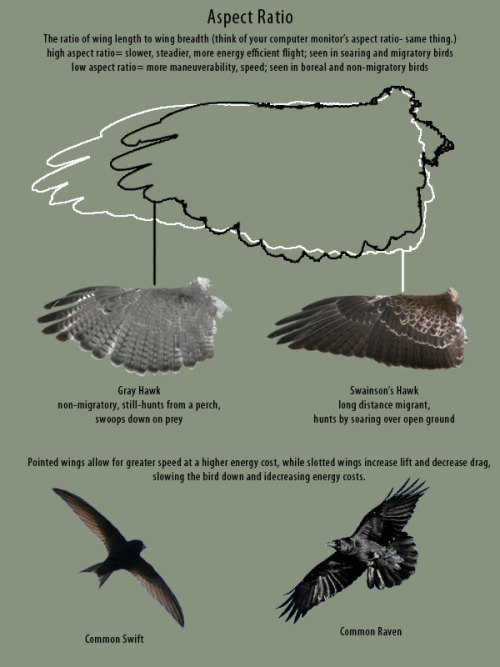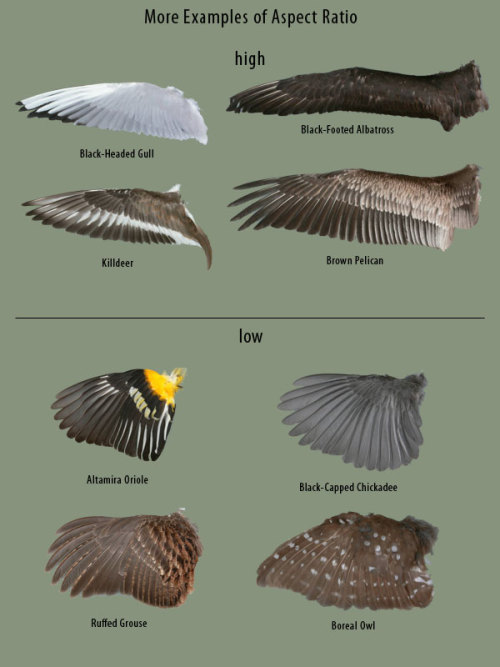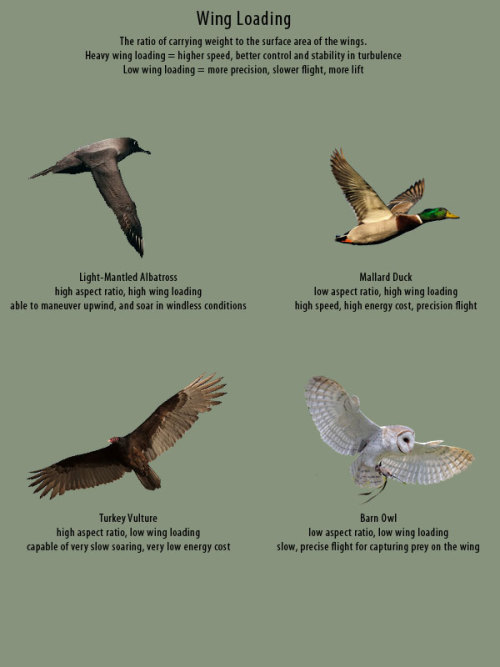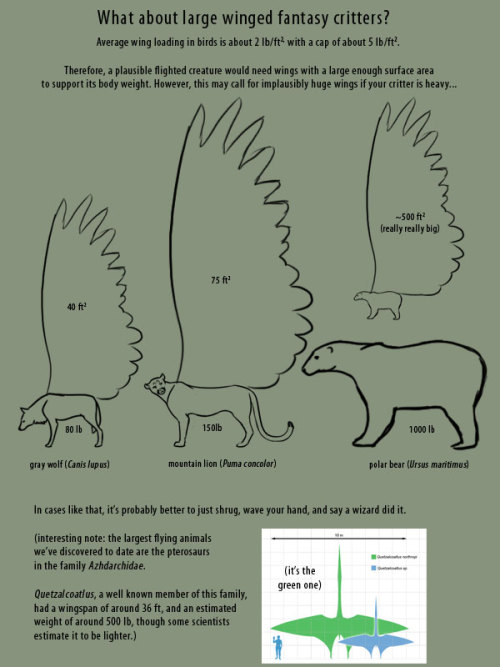Where Every Scroll is a New Adventure
Wings - Blog Posts

Lead me your light and soul. Your presence awakens once more my sun.”
Moth Of The Day #106
Urania Swallowtail Moth / Green Page Moth
Urania fulgens
From the uraniidae family. They have a wingspan of 70-85 mm. They tend to inhabit tropical environments. It is found in Central and South America.





Hummingbird Clearwing Moth, Hemaris thysbe, family Sphingidae, East Fork State Park, southern Ohio, USA
photographs by Gayle Pille
an appreciation post for pigeons, please? <3
Let me give some of my fav (and underappreciated) pigeons!

Philippine Green Pigeon (Treron axillaris), family Columbidae, order Columbiformes, Zambales, Philippines
photograph by Gid Ferrer

Ashy Wood Pigeon (Columba pulchricollis), family Columbidae, order Columbiformes, Nepal
photograph by Rita Rossi

Pheasant Pigeon (Otidiphaps nobilis), family Columbidae, order Columbiformes, found in New Guinea and nearby islands
photograph by Jindřich Pavelka (500px)

Scaled Pigeon (Patagioenas speciosa), family Columbidae, order Columbiformes, Costa Rica
photograph by Memix Photography

Cinnamon-headed Green Pigeon (Treron fulvicollis), male, family Columbidae, order Columbiformes, Singapore
photograph by Hong Yijun


Some Grackles! These birds are incredibly common but I still enjoy watching them.
Moth Of The Day #107
Chinese Character
Cilix glaucata
From the drepanidae family. They have a wingspan of 18-26 mm. They tend to inhabit hedgerows, scrub and open woodland as well as gardens. They can be found in Europe, Asia Minor and North Africa.



Range: Costa Rica, Panama, & Colombia.
obsessed with how this bird is called the purple indigobird…how did he meet the qualifications



Howdy, Paxon! Can I request Boobys and Gannets >:P
PREPARE TO BE SULIFORMED!!!

Brown Booby (Sula leucogaster), male, family Sulidae, order Suliformes, NW Hawaiian Islands
photograph by Duncan Wright, USFWS

Blue-footed Booby (Sula nebouxii), family Sulidae, order Suliformes, Galapagos
Photograph by Wolfgang Kaehler

Red-footed Booby (Sula sula rubripes), family Sulidae, order Suliformes, Tubbataha Reef National Park, Philippines
Photograph by Gregg Yan

Nazca Booby (Sula granti), family Sulidae, order Suliformes, Galapagos Islands
photograph by Benjamint444

Northern Gannets (Morus bassanus), family Sulidae, order Suliformes, Germany
photograph by Andreas Trepte



Hummingbird moth time of year!
Snowberry Clearwing (Hemaris diffinis)
July 11, 2023
John Heinz National Wildlife Refuge, Tinicum, Pennsylvania
Moth Of The Day #112
Clouded Silver
Lomographa temerata
From the geometridae family. They have a wingspan of 22-30 mm. They tend to inhabit gardens, hedgerows, fens and woodland. They can be found in most of Europe.


“I could never be an entomologist. bugs creep me out” sucks to suck because I’m a real-life pokemon trainer. like look at these and tell me they’re not pokemon








like are you serious. have fun doing whatever you’re doing ill be at the arthropod zoo… also known as the motherfucking pokemon center
Moth Of The Day #115
Magpie Moth
Nyctmera annulata
From the erebidae family. They have a wingspan of 35-50 mm. They tend to inhabit northern heather moorland but also fairly frequent in garden, allotments, hedgerows and woodland. They can be found mainly in New Zealand.


the paralyzed cicadas I picked up from a failed cicada killer nest are the perfect material to show off some cool features of insect anatomy! (although the wasp’s venom would keep them alive for her larvae to eat, I froze them to make sure they’re fully dead for dissection).
cicadas are powerful, fast fliers, and all of their thorax is taken up by a bulk of reddish, stringy flight muscles, which I’ll talk more about later. this cicada is a female, so her abdomen is full of white, elongated eggs that she will insert into tree bark with the bladed ovipositor at her rear.


the male cicada’s abdomen, however, is almost entirely empty, and that air-filled space is used as a resonator for his loud calls. the biggest structure visible there is a curved pair of muscles that deforms the tymbals, producing a click with every contraction.


here's a view of the complete muscle, and the tymbals themselves which look like overlapping plates on his belly. if you're curious what the white frosted appearance is, some Neotibicen have a coat of waxy powder or pruinescence; this male N. tibicen is particularly pruinose.
onto the flight muscles:
powered flight is a pretty complex mechanism in any organism, and is never so simple as just flapping wings up and down, but most insects power their flight in a really unintuitive way (at least for us vertebrates): they contract muscles in their thorax that aren’t even attached to the wings!
this method of flight is called indirect flight, in contrast to the direct flight of the dragonflies and mayflies where each of four wings is directly attached to a muscle and can flap on its own.


instead, most insects have a longitudinal (image 1 above, d below) pair and a vertical (2, c) pair of muscles that deform the shape of abdomen, pulling the upper segment of the thorax (notum) up and down, and this moves the wings which are attached to the notum. useful indirect flight gif from wikipedia found here

even if compressed manually, the dead cicadas "flap" their wings due to the motion of the notum:

insect flight is a lot more complicated than this simplified look at them, but I think these cicadas offer a pretty good look at how most insects get around essentially by squishing themselves internally!
for the dragon gifs post you reblogged, could you elaborate on your tags? as someone who loves speculative/fictional biology, id be interested in hearing how actual gliding wings would work for dragons, if youre okay with talking about it of course :]
Gosh, basically.... the whole wing shape is wrong for gliding
Firstly, a majority of the dragons' wings do not have any base to them. base being the membrane that should go down their side

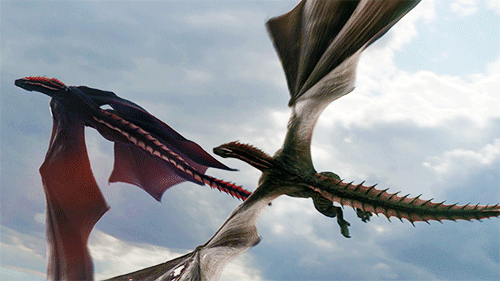

By far the worst offender seems to be arrax here, but like. all of the dragons have NO membrane going from their arms down their sides, the only one who appears to have more normal wings is syrax

It's got more base to the wings so this gif looks slightly more natural to me but not by much
NOW,, my disclaimer. I am not an expert in aerodynamics. So I am just going off what I know personally
First off, the wing shape in most of these dragons is elliptical (like in sparrows) which is good for powered flight (flapping), and when they ARE flapping, it does look very good!! Very powerful strokes etc.
However, because they are missing that base at the wing, a lot of the energy of the downstroke would simply just escape. Wings in general work by "trapping" wind underneath them, by making the air on top roll by at a different speed than the air underneath and generate lift that way, but if there's nothing TO lift... then it won't work
Animals who actually glide all have very specialized wings for it.
Eagles, vultures, condors, etc: all of them have IMMENSE wings, and they almost cannot do powered flight (at least not on the same level that sparrows can), they rely a lot on updrafts


Their wings are all very wide, but very rectangular!! the base of their wings is basically the same width as the rest of the wing, generally
This is true as well for SEABIRDS which are all gliding experts. Seabirds have VERY not wide wings, but they make up for that in length, and this very specialized shape they have allows them to glide for literal WEEKS without needing to land




Basically, I suppose it's something of a tradeoff? Even in these birds the base is incredibly proportionate to the shape of their wings and body, and they depend on wind currents over the ocean specifically. They've evolved for that
alithographica has this VERY GOOD little chart of what different functions wings can perform depending on their shape

I personally think the got dragon's wings are incredibly disproportionate, looking at wings on any other animal it immediately stands out that a whole chunk of wing is simply... gone. For no good reason other than aesthetic I think
And besides the anatomical error, they don't have a clear purpose to their shape, they kinda do everything all the time and its jarring to see on otherwise incredibly designed creatures and its also an immense shame. It would have been so cool to see different dragons have different flying techniques (the only different one we get is caraxes with his wing legs, but from what ive seen)
it’s crazy how much diversity there can be in one species…these are all pictures of the same bird species (red-tailed hawk)









Another take on my Wings of Pages concept. This time it's drawn in Procreate instead of SAI.
The hardest part was writing all those words onto each page. It's 50% real text from books and poems and songs, and 50% chicken scratch lol
Older version of the same concept~












